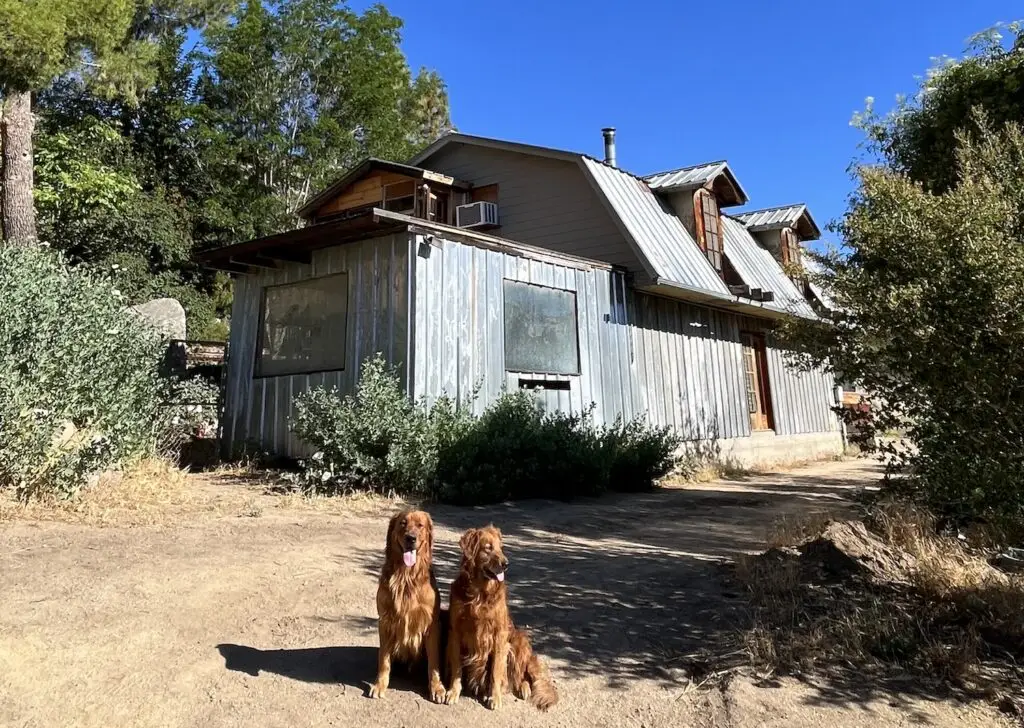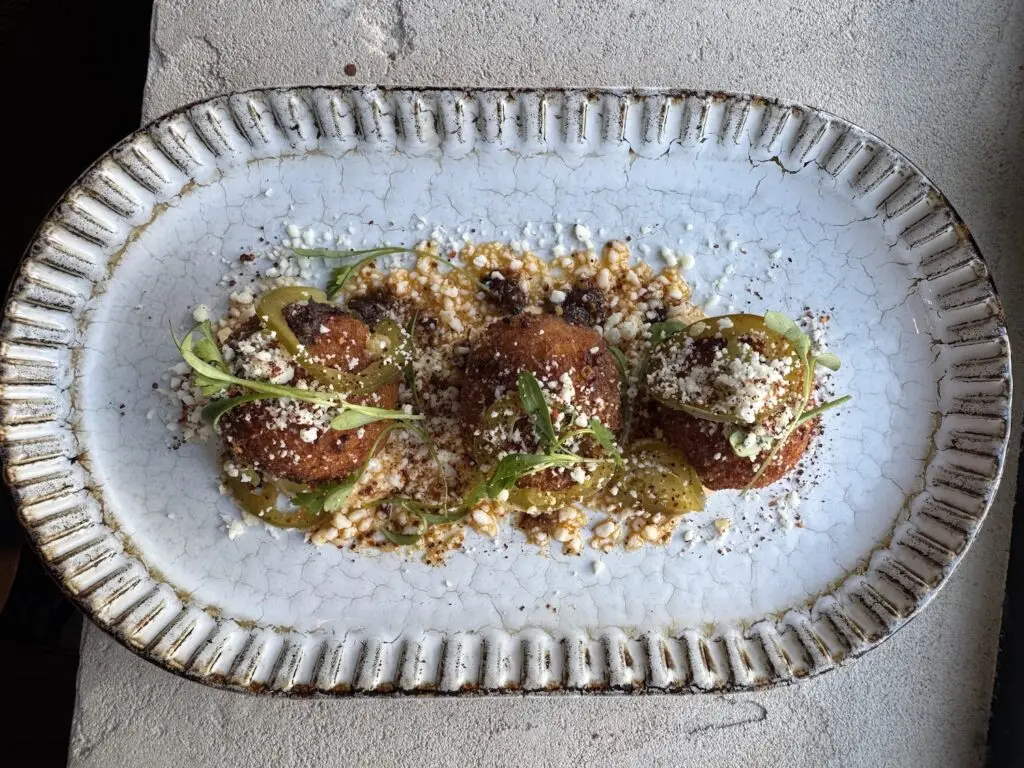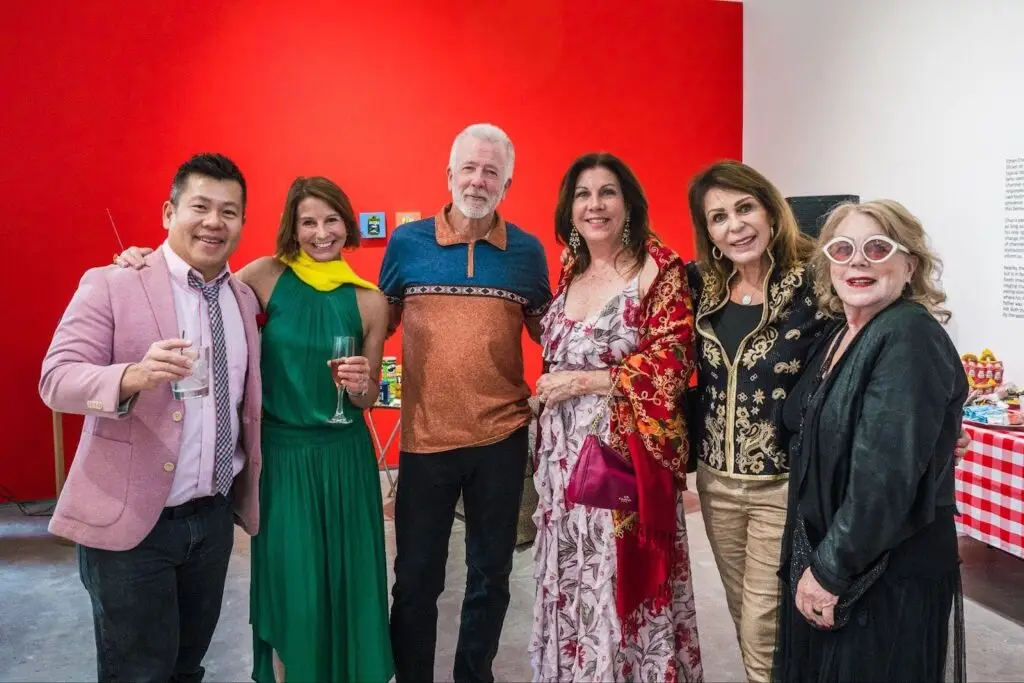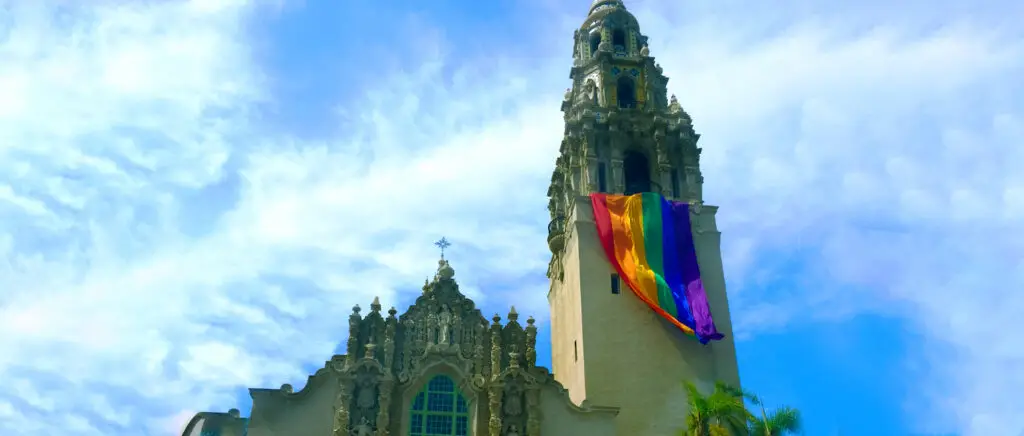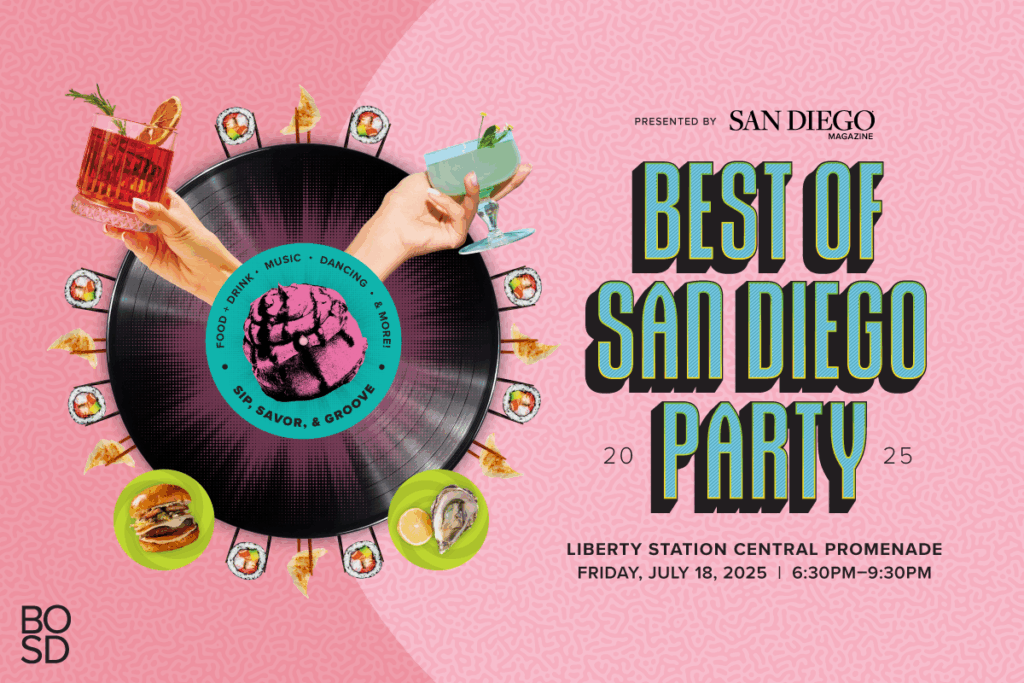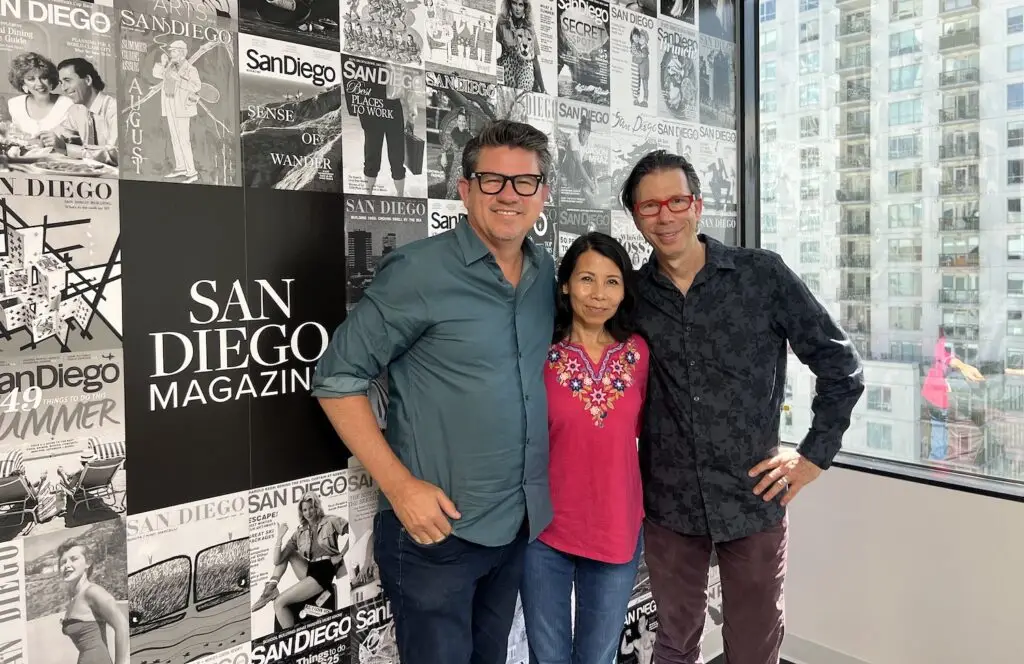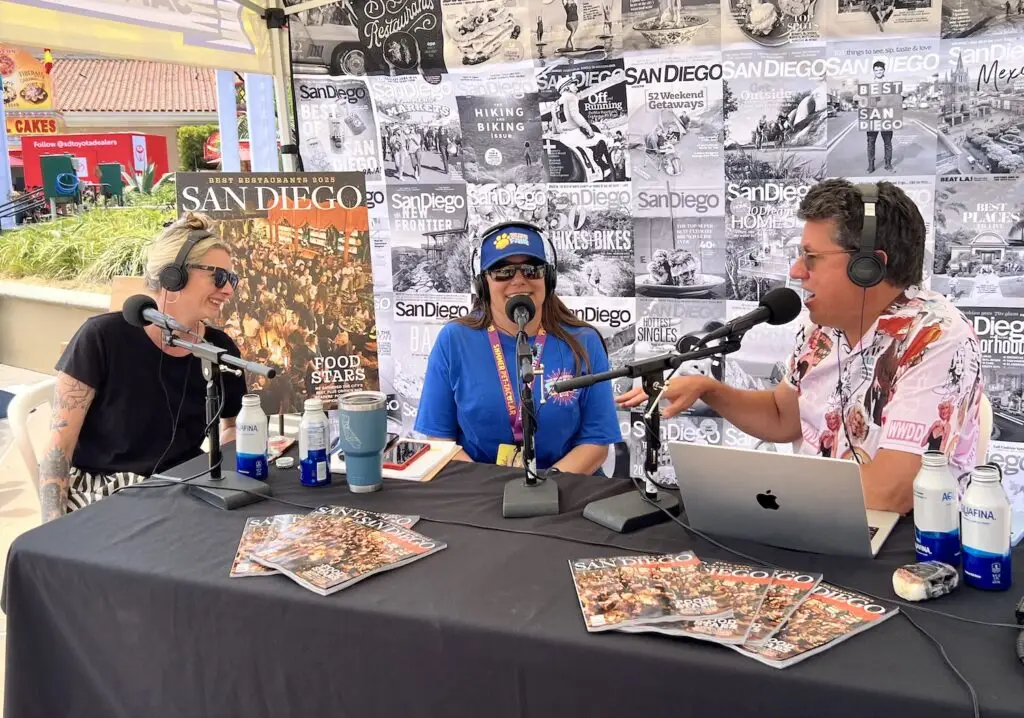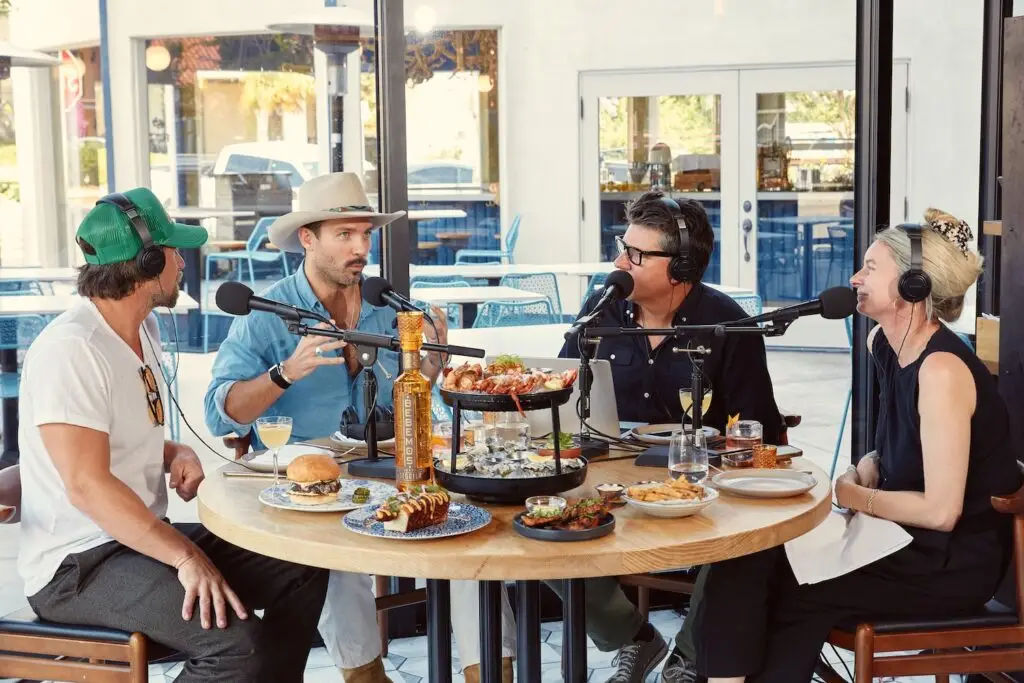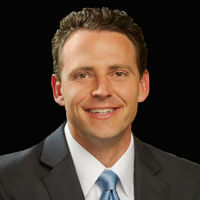
Nathan Fletcher
Nathan Fletcher
My three-year-old son Caleb has figured out life.
When faced with something he doesn’t want to do or the potential that he might be headed for trouble, he immediately breaks out in the most precious version of “You Are My Sunshine” in history. He dances and even hugs himself on the line about “You’ll never know, dear, how much I love you.” Hearts melt, smiles crack, and you completely forget about the issue at hand.
It isn’t just the curly blond locks, brilliant blues eyes, or slightly audible British accent from watching way too much Peppa Pig. Caleb the Entertainer has uncovered the power of song.
He is channeling his inner Plato, who said, “Music gives a soul to the universe, wings to the mind, flight to the imagination and life to everything.”
He isn’t the first to channel music for a purpose. The Psalmist David danced for joy and jubilation. Einstein connected his
creativity to music. The rock band the Scorpions wrote a song, “Wind of Change,” about political change that became the soundtrack for the end of the Cold War and the fall of the Berlin Wall. It remains one of the best-selling singles of all time and a powerful symbol of reunification and the power of hope.
After our country was attacked on September 11, 2001, members of Congress gathered for a show of solidarity on the recently evacuated capitol steps. After the obligatory press conference remarks, an impromptu version of “God Bless America” broke out. This sprit of unity, while short-lived, was powerful.
After serving in combat in Iraq, just hearing “Taps” played brings back a flood of emotions that is overpowering. Music can provoke a lot: laughter, love, peace, unity, and sorrow.
But what if music could connect us to our hearts? To our health? Two entrepreneurs believe it can, and are working on an idea as novel as it is creative. Meet David Plans. He was pronounced dead—and still has the toe tag assigned to him after he
flatlined. And then grace, God, or just random luck granted him a second chance. With this chance he knew he had to change. He needed less stress, a deeper connection, and commitment to his health. In short, he needed to transform his life.
This computer scientist with a deep background in music wanted to use the power of music to connect people to their bodies. His creation, BioBeats, started with the thought of using a cell phone camera to track the beating of your heart. But it went a step further. It connected the beat of the heart to the beat of music.
The result is an app called Pulse by BioBeats. While measuring the real-time beating of your heart, it lays down a musical base track to that beat, adds in your choice of accompanying sounds, and almost instantly causes you to dance to the beat of your own heart. As you move, your heart rate increases, as does the beat of the music.
Available on iTunes, Pulse has the potential to record data on people’s stress levels and how hard their hearts are working.
But maybe its contribution will be much simpler and deeper. Perhaps the simple act of connecting us to our hearts via the profoundly impactful acts of song and dance will be enough to make us aware of the need to better care for our bodies.
Caleb’s singing is good for my soul. It is good for my heart. Hopefully, soon, the power of technology combined with a little song can connect us all to our hearts.
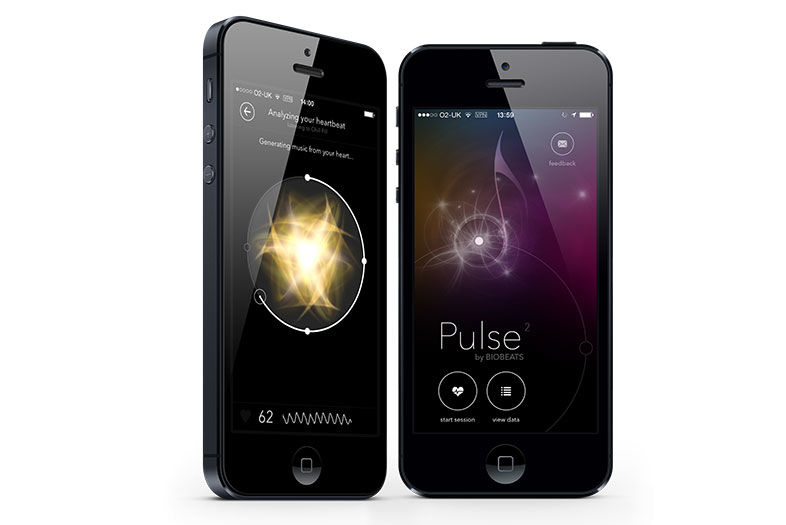
PARTNER CONTENT
Music of the Heart
